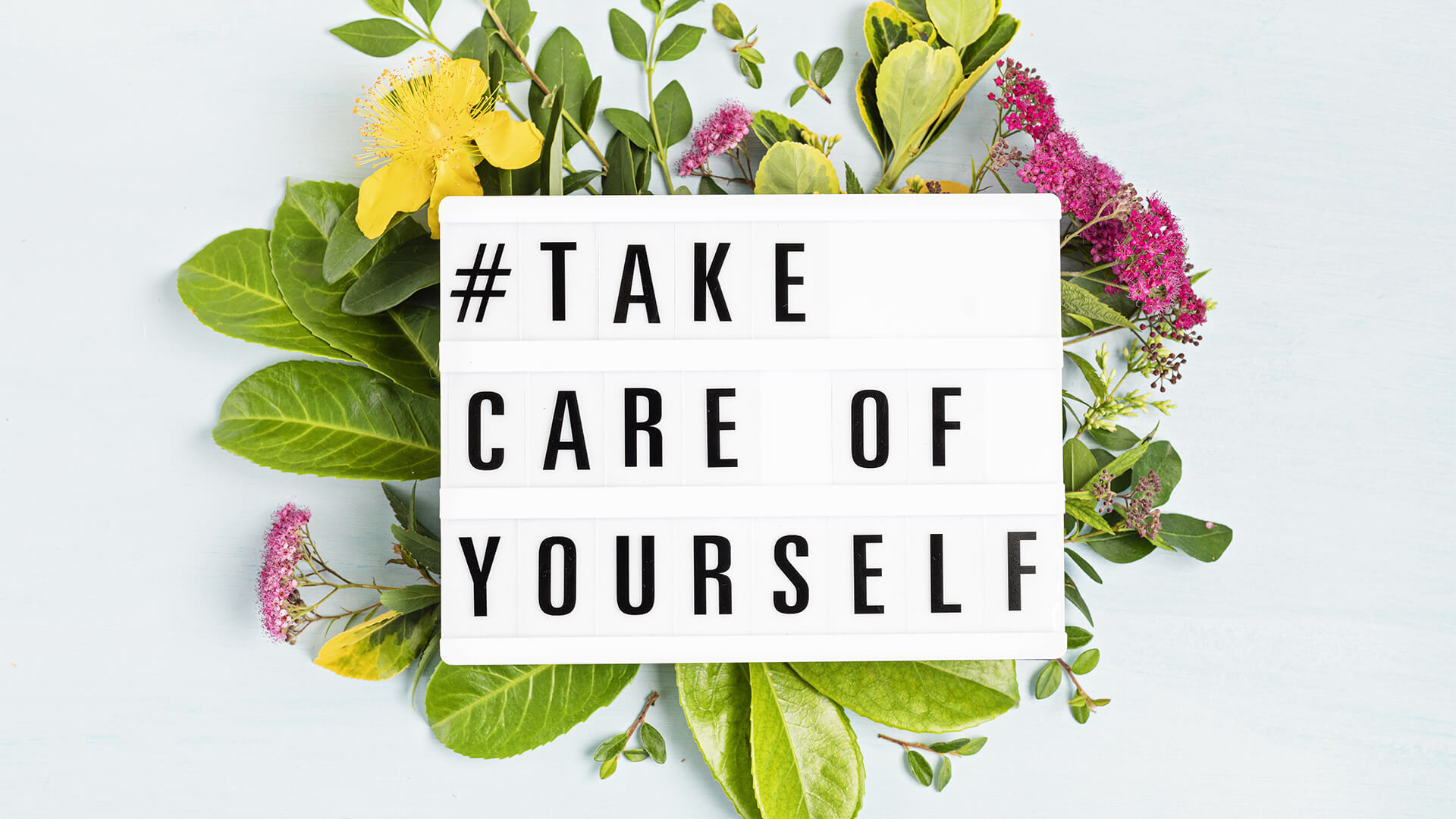Your physical and mental health are closely connected. Research shows that people with good mental wellbeing have a lower risk of physical health problems and vice versa. Fortunately, there are dozens of ways to feel healthier and simple changes to your lifestyle habits can have a big impact. With that in mind, here are six tips to improve your physical and mental health:
1. Be physically active
Most people are aware of the physical benefits of exercise. Being active will help you avoid unwanted weight gain, stay in good shape, and lower your risk of numerous health issues, including cardiovascular disease and type two diabetes. Exercise also has a significant effect on your emotional health and wellbeing. When you exercise, your brain produces endorphins and pumps these feel-good chemicals around your body. This is why most people experience feelings of happiness after exercise. Another mental health benefit of exercise is that it reduces stress and anxiety. Experts at Harvard Medical School explain how “exercise reduces stress hormones like adrenaline and cortisol.” You should therefore feel calmer and more relaxed after an exercise session. Regular exercise is one of the most effective ways to maintain good physical and mental health. Aim to be physically active for at least 30 minutes a day to see the health benefits of exercise.
2. Find a sense of purpose
Having a sense of purpose adds meaning to your life and gives you a reason to get up in the mornings and pursue your goals. People with a sense of purpose tend to be more focused and get greater enjoyment out of life. You can find a sense of purpose in many different ways. Here are some suggestions to help you find a sense of purpose in life:
● Pursue a career that you are passionate about and work to achieve your career goals.
● Discover a new hobby that you enjoy, such as reading, cooking, or group sports.
● Join a local community and build a strong social network with like-minded people.
● Raise a family and focus your efforts on supporting your children.
● Volunteer in your spare time and help the less fortunate.
3. Eat for good health
What you eat plays a crucial role in both your physical and emotional health. Eating a nutrient-rich diet will help you maintain a strong immune system and fight off common illnesses and infections. Limiting your fat and sugar intake will also help you keep a healthy BMI and lower your risk of medical conditions like obesity and diabetes. Being in good physical shape will have a positive impact on your mental health. Nutritious foods also support good brain health and improve your mood and energy levels. Dieticians recommend that you should eat a minimum of five portions of fruit and vegetables per day. This should ensure that your body is getting the nutrients and minerals that it needs to maintain good health. You should try to avoid processed foods and limit your fat, sugar, and salt intake. Take a look at this guide on how to eat for good health.
4. Deal with mental health problems
Mental health problems are extremely common, and almost half of US adults will develop a diagnosable mental health disorder at some point in their lives, according to Mental Health America. Living with a mental disorder can be a challenge, but there is lots of support available to help you maintain a good quality of life, despite your condition. If you experience mental health issues, then you should always reach out for support. A mental health expert can help you cope with the symptoms of your disorder and lead a healthier and more fulfilling life. Many people with mental health problems first reach out for support by visiting their doctor. Your doctor may be able to prescribe medication to treat your symptoms, or they might refer you to a mental health facility like Calgary Dream Centre. Here, you will receive the specialist support and treatment that you need to deal with your mental health issues effectively. Reaching out for support when you experience mental health problems is essential to maintaining good health and wellbeing.
5. Maintain an active social life
Humans are social beings and crave interaction with others. Being social is important to your mental health as it creates a sense of belonging and improves happiness. Social interaction eliminates feelings of loneliness and can even help you live longer, according to the Mayo Clinic. Research has also found that socializing can improve your brain health and boost your memory and cognitive skills. Socializing has a wealth of mental health benefits, and you should focus on maintaining an active social life. Make an effort to nurture your social relationships and spend time with your family and friends. If you lack social interaction in your life, then join community groups to meet people in your local area. You can also connect with new people online and increase your level of social interaction.
6. Make time for relaxation
Life can be stressful, and daily pressures can take a toll on your physical and emotional health. Relaxation gives your mind and body time to heal and repair themselves. Making time to relax is fundamental to maintaining good physical and mental health. Everyone should schedule some downtime into their day. Find enjoyable activities that help you unwind and relieve feelings of stress. This may involve spending time with friends, doing hobbies that you enjoy, or simply relaxing at home. Taking the time to relax will make it easier to cope with stress and overcome any issues in your life.
Final thoughts
You must take care of your physical and mental health. Maintaining good health and wellbeing will improve your quality of life and lower your risk of developing health issues. Physical and emotional health are closely connected, and improving your physical health should have a positive effect on your mental wellbeing. These tips should help you feel better, both physically and mentally.

















